

.jpg)
Official statistics conclude that free evangelical Christians (below 5%) pray and attend worship services more than other faith groups.
.jpg)
Around 300 people joined an experimental 45-minute programme of the German Evangelical Church. 98% was created and performed by machines.
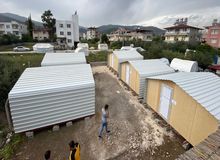
Three months after the earthquakes in Turkey, local Protestants continue to work among those affected: “Tens of thousands who survived are still homeless”.
Cropped(1).png)
(Activate youtube subtitles for English). Watch the reactions of mayor Antonio Muñoz and evangelical representatives at the event held in the Sourthern Spanish city on 13 April.

The Mayor of Seville received the Spanish news website Protestante Digital prize, which celebrates coexistence. A hundred people attended an emotional event.
.png)
The French Protestant Federation is worried about media portrayals linking evangelicals in the country to supporters of Trump or Bolsonaro.
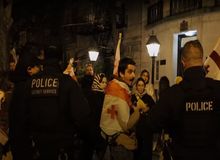
The protests helped reverse a 'foreign agent' law that would have had a negative impact on churches, say evangelicals in the Eastern European country.
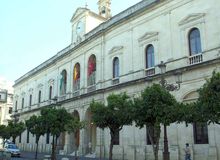
The award goes in its fourteenth edition to the Seville City Council. The city promotes a touristic route of Protestant history and has named several streets after Evangelical women.
.jpg)
The mainline EKD loses 2.9% of its membership in only one year. For the first time, the figure exceeds the number of deaths of members.
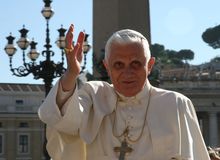
Ratzinger was concerned that Luther’s interpretation of the Christian ministry as mainly characterized by preaching, prayer, and pastoral care ware becoming widespread in Catholic circles.
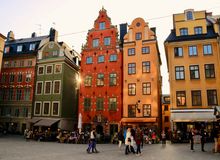
Officials claimed burnings pose a threat to Sweden's security. A previous one worsened the conflict with Turkey over Swedish bid to join NATO.
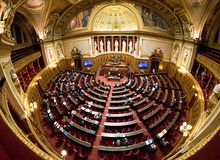
The upper house rejects the text for a third time: "It will not strengthen the effectiveness of the right to abortion".
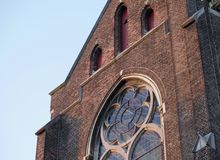
A survey shows that Roman Catholics decline the most and go to church the least. Over half of Protestants attend church at least once a month.
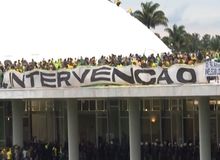
Evangelicals call to pray for the situation in the country after protesters stormed the headquarters of Congress, the Supreme Court and the Presidential Palace.

In 2 reports submitted to the Committee on the Rights of the Child, the Protestant Evangelical Committee for Human Dignity asks to abolish surrogacy and ban minors’ access to pornography.
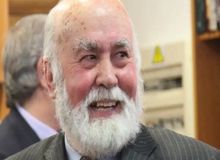
Through books, conferences and media appearances, he spread the gospel and the history of Protestants and evangelical churches in Spain.
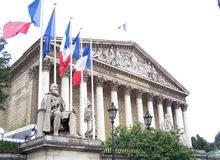
“Abortion has become a dogma for the parliamentary majority”, laments Franck Meyer of the Evangelical Protestant Committee for Human Dignity. The Senate could slow down the process.
Lucio Malan was asked to explain his opposition to same-sex marriage and quoted the Old Testament. He is a member of the Protestant Waldesian Church but disagrees with its liberal approach to sexual morality.
.jpg)
The mainline Reformed Church in the Canton of Vaud was the last to adopt a new marriage rite. The position of the theologically evangelical minority inside the Swiss Reformed Church was defeated again.
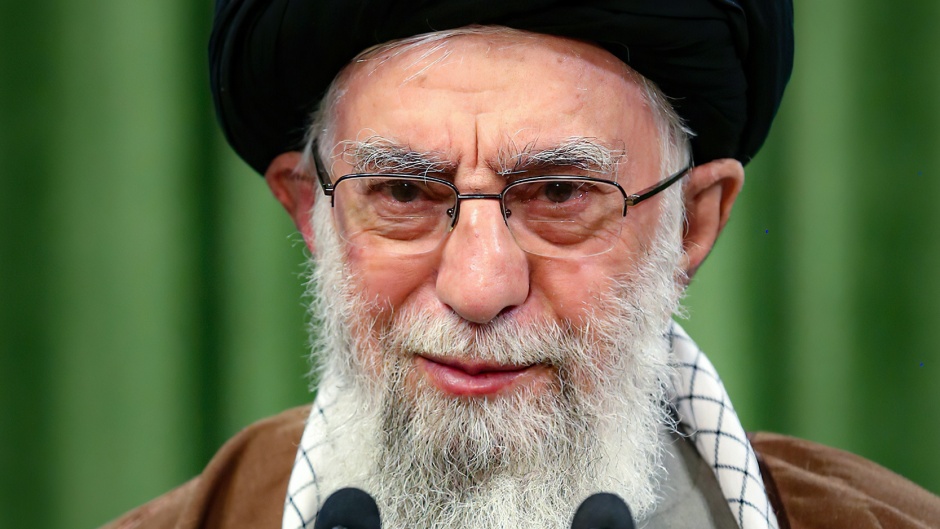
Other 20 Iranians could face death sentences soon. Around 320 have died in clashes with the Iranian security. Christians support the prostests.

In recent years, we have witnessed a growing fascination with Thomas Aquinas and Thomism by evangelical theologians.

After 36 years of pastoring churches in Turkey, Carlos Madrigal was labelled a threat to national order and is no longer allowed to enter the country. He and his wife Rosa share lessons to be learned about Christian work in non-Western countries.
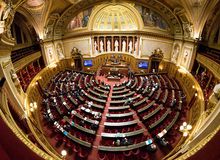
“This battle is not over. It is just beginning”, pro-abortion parliamentarians say. Two new resolutions will be brought to vote in November.
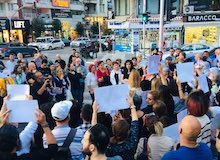
The death of Mahsa Amini sparked protests across Iran. Christians inside and outside the country demand “an end to imposition and discriminatory laws”.
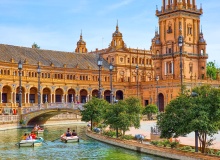
The project, offered by the Evangelical Council to show the impact of Reformed faith in theSpanish city, received full support from the authorities.

Las opiniones vertidas por nuestros colaboradores se realizan a nivel personal, pudiendo coincidir o no con la postura de la dirección de Protestante Digital.